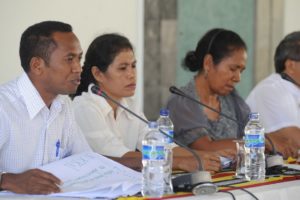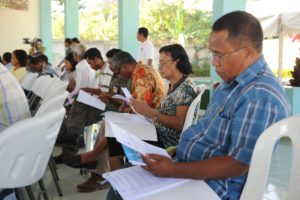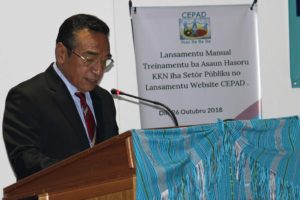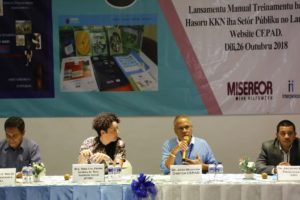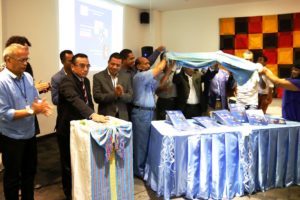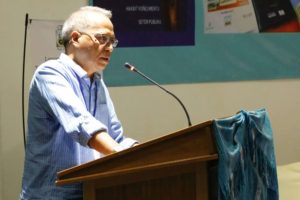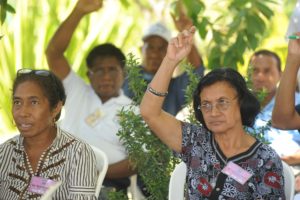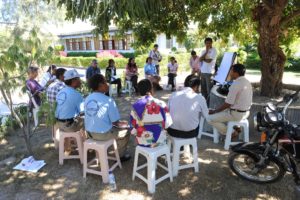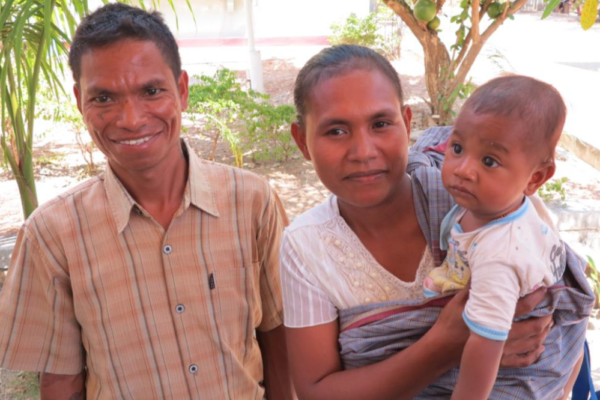Partnership beyond projects: the importance of local ownership and trust
Interpeace et le Centre d'études pour la paix et le développement (CEPAD) have worked together since 2007, supporting peacebuilding processes in Timor-Leste. Our partnership began in response to the violent political crisis of 2006, which revealed the challenges of a young nation adopting a new system of state structures. Throughout the years, we used Participatory Action Research (PAR) and piloted innovative approaches to assessing local resilience (Frameworks for Assessing Resilience) to help break cycles of violence and create a safe environment for the Timorese. This work enabled bottom up and locally owned solutions to be formulated, to identify and address local grievances in a non-violent and sustainable manner. CEPAD is now considered a “go-to” organization for peace and development challenges, and is recognized for promoting inclusive democracy by providing safe spaces for community dialogue.
In 2019, a case study of Interpeace’s long-standing partnership with CEPAD was developed as part of the Stopping As Success (SAS) initiative – a collaborative learning project that aims to study and provide guidelines on how to ensure locally led development and peacebuilding. The SAS initiative touches on many of the core principles Interpeace was founded on – local ownership, long term commitment, process-oriented work and the primacy of trust as a keystone to peace. ‘Success’ in locally led peacebuilding work can be defined in many ways, and an organizational or programmatic exit of an INGO or International Organization in lieu of successful and sustainable local organizations is one important indicator. However, a larger understanding of ‘success’ in locally owned peacebuilding ought to ultimately be about whether the broader social contract is moving towards peace. As peacebuilders, Interpeace and our partners always aim toward that ultimate goal.
In order to achieve sustainable peacebuilding processes that reinforce a peaceful social contract we have long known local ownership and not internationally driven approaches is key. While this has long been recognized, operationalizing local ownership of peacebuilding remains an ongoing challenge. That is why the SAS case study ,“Centre of Studies for Peace and Development (CEPAD) and Interpeace: A partnership transition in Timor-Leste”, is an instructive example of the practical steps international actors can take to support the efforts of a locally led organization developing locally owned and inclusive peacebuilding solutions.
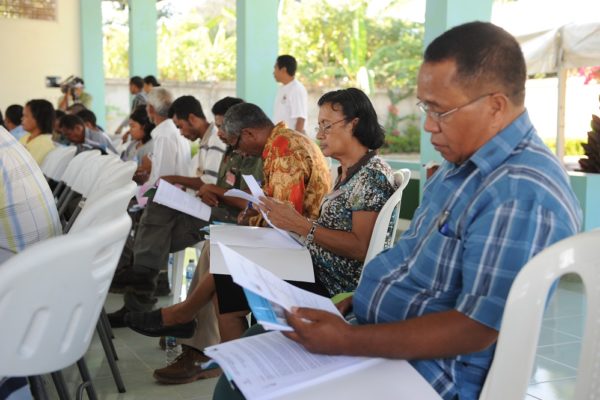
CEPAD Timor-Leste. Photo credit: Steve Tickner 2009
Fostering local ownership through sustainable partnerships
For over 25 years, Interpeace’s approach has made sure that local people are at the heart of building peace. We believe that peace must be built from within societies and not imposed from the outside. Therefore, from the outset of our partnership with CEPAD, we put our trust in our partners local teams to lead the strategic management and implementation of project activities. Interpeace provided ongoing technical , financial and capacity-building support to CEPAD, since its creation in 2007. However, in 2015, Interpeace began a process to phase out its financial support to remain engaged with CEPAD solely in an advisory capacity. While Interpeace provided financial and technical support as well as supported the development, implementation and evaluation of projects, delivered ongoing training to CEPAD staff, CEPAD was in the driver’s seat.
A CEPAD staff member mentioned, “Interpeace stopped the funds in 2016 but the relationship continued. Whenever we have any difficulties, we contact Interpeace and get their ideas and comments on our work and situations that we are facing.”
The case study developed by SAS captures how Interpeace’s approach – working with local partners and committing to long-term engagement – is critical to ensure sustainable peacebuilding efforts. It highlights that the trust that was built during almost a decade between Interpeace-CEPAD, helped both organizations as Interpeace transitioned away from providing financial support.
A number of key lessons were also mentioned by the case study: a.) strong leadership is an important factor when creating and sustaining an NGO that can operate successfully when financial support from an INGO partner ends; b.) adopting bottom-up, locally led models from the outset – as opposed to time-bound, top-down projects – contributes to a more sustainable transition process; and c.) it is possible for INGOs to find creative ways of continuing to support locally led organizations and initiatives after transitions have concluded.
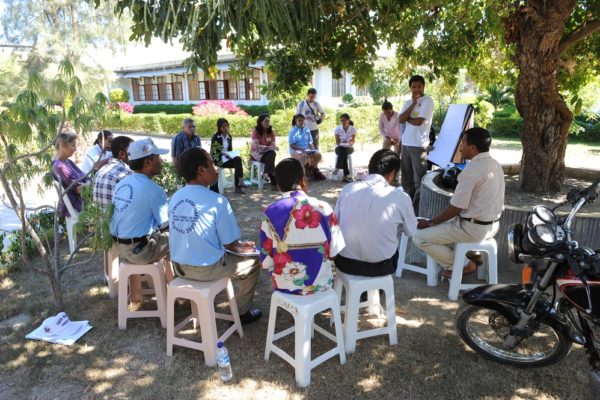
CEPAD Timor-Leste. Photo credit: Steve Tickner 2009
